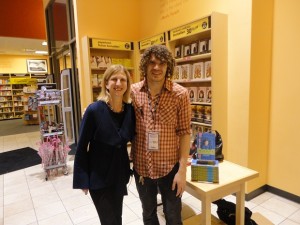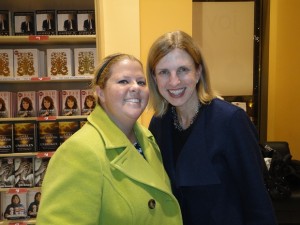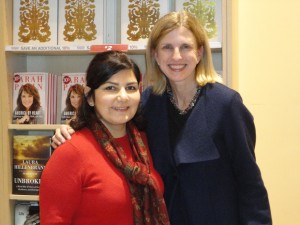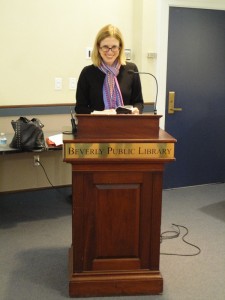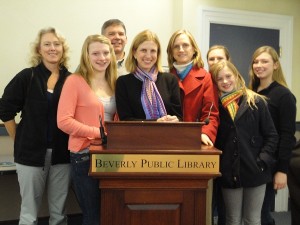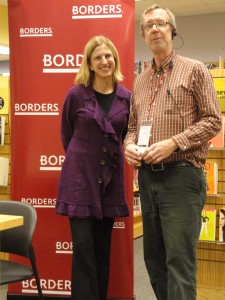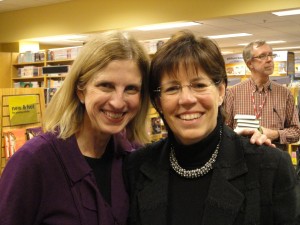On Monday, December 20, 2010, U.S. Ambassador Susan Jacobs hosted a conference call open to any parties interested in the status of adoptions in Guatemala. I phoned in to participate and took notes. Ambassador Jacobs recently returned from a trip to Guatemala during which she met with President Colom and U.S. Embassy personnel; members of CNA, PGN, CICIG (the International Commission Against Impunity in Guatemala, known by its Spanish acronym, CICIG), and Unicef; as well as with private attorneys, notarios, and Norma Cruz. Ambassador Jacobs may have mentioned other parties with whom she met, but I was unable to hear their names. She described the meetings as “positive” and “cooperative.”
Ambassador Jacobs emphasized that the governments of Guatemala and the United States are both working toward resolution of adoption cases pending since the shutdown in December 2007. In order to expedite the cases, the top priority now is to compile a “Master List” of waiting cases. To that end, Ambassador Jacobs asked every waiting family to send an email to AskCI@state.gov with a subject line reading “Guatemala Master List.” The body of the email should contain the names of the prospective adoptive parents (PAPs), the name and date of birth of the waiting child, the date on which the I-600A and/or I-600 was filed, and any other relevant information.
Several PAPs on the call noted that this information has been compiled many times by the group of waiting families known as the Guatemala900 and sent to officials in Guatemala. Ambassador Jacobs stated that going forward, the State Department will work from its own Master List. Jacobs indicated that a final evaluation of cases is impossible until the State Department compiles its Master List. After the Master List is in hand, the evaluation process will likely take between six and nine months.
Perhaps revealing her own frustration with the current lack of a Master List, Jacobs said she was “unaware it was such a mess down there. No one knew what the universe of cases was.”
Ambassador Jacobs showed equal candor when she said that the “shared goal is to resolve cases, but it might not be the resolution we all wish for.” A working group to expedite cases in Guatemala, a junta, will be formed. When PAPs on the call asked if their Guatemalan attorneys should contact the working group or junta, Ambassador Jacobs said “I hope not. Your attorneys have been more trouble than they’re worth.” She urged PAPs to communicate with the U.S. Embassy.
Ambassador Jacobs stressed that she understood the concerns of adoptive parents, but that nothing can be done quickly. The State Department’s goal is to whittle down the universe of cases into a triage, from easy to difficult. She assured the call participants that everyone was working to ensure the best interest of the child. She noted there was a difference between bureaucratic irregularity and criminality, but determinations must be made on a case by case basis.
As an adoptive parent who was so affected by my struggle against Guatemala’s private notarial system that I was compelled to write a book about it, I hung up the phone at the end of the conference call and broke into tears. This is not the news I hoped for. After three years, families must continue to be patient and wait. Then I reminded myself to focus on the call’s positive message. Ambassador Jacobs is a strong advocate for American families. Everyone is considering the best interest of the child. Resolution will come slowly, but it will come.


 ShareThis
ShareThis



 ShareThis
ShareThis